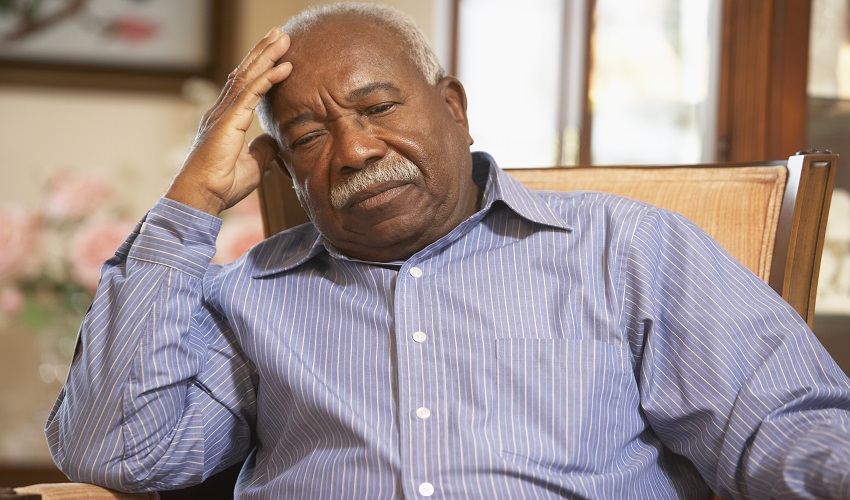CHICAGO, IL – Nursing home abuse is a serious issue that as many as 10 percent of seniors reported experiencing according to the National Center on Elder Abuse. As staff members work longer hours and are understaffed, stressful situations arise and begin to take a toll on nursing home staff often leading to neglecting or even abusing patients.
Having the ability to monitor your loved ones gives family members a peace-of-mind and allows the ability to keep an eye on caregivers; in addition, it can be helpful for family members to observe if caregivers are using improper techniques that may injure a patient or serve as evidence if abuse is found.
As more states are beginning to pass legislation to govern the use of cameras in long-term care facilities, otherwise known as “granny cams,” it is important to note there can be requirements when using the camera. Louisiana is the last state to pass this legislation preceding Illinois, New Mexico, Oklahoma, Texas and Washington, if both the resident and roommate have consented. Each state law differs from the next addressing concerns of consent, notice requirements, assumption of costs, penalties for obstructing or tampering with the camera, and access to recordings.
Some nursing homes may have requirements due to the language in their admission contracts. For example, Utah permits cameras in assisted living facilities while New Jersey doesn’t have a law specifically allowing the use of recording cameras; however, has a program that lends cameras to families who suspect abuse or neglect.
If you suspect abuse or neglect, get help immediately. If your state does not have a law or rules regarding the use of cameras in long-term care facilities, or if you have questions about their use, you should consult an attorney to discuss your rights and options.



